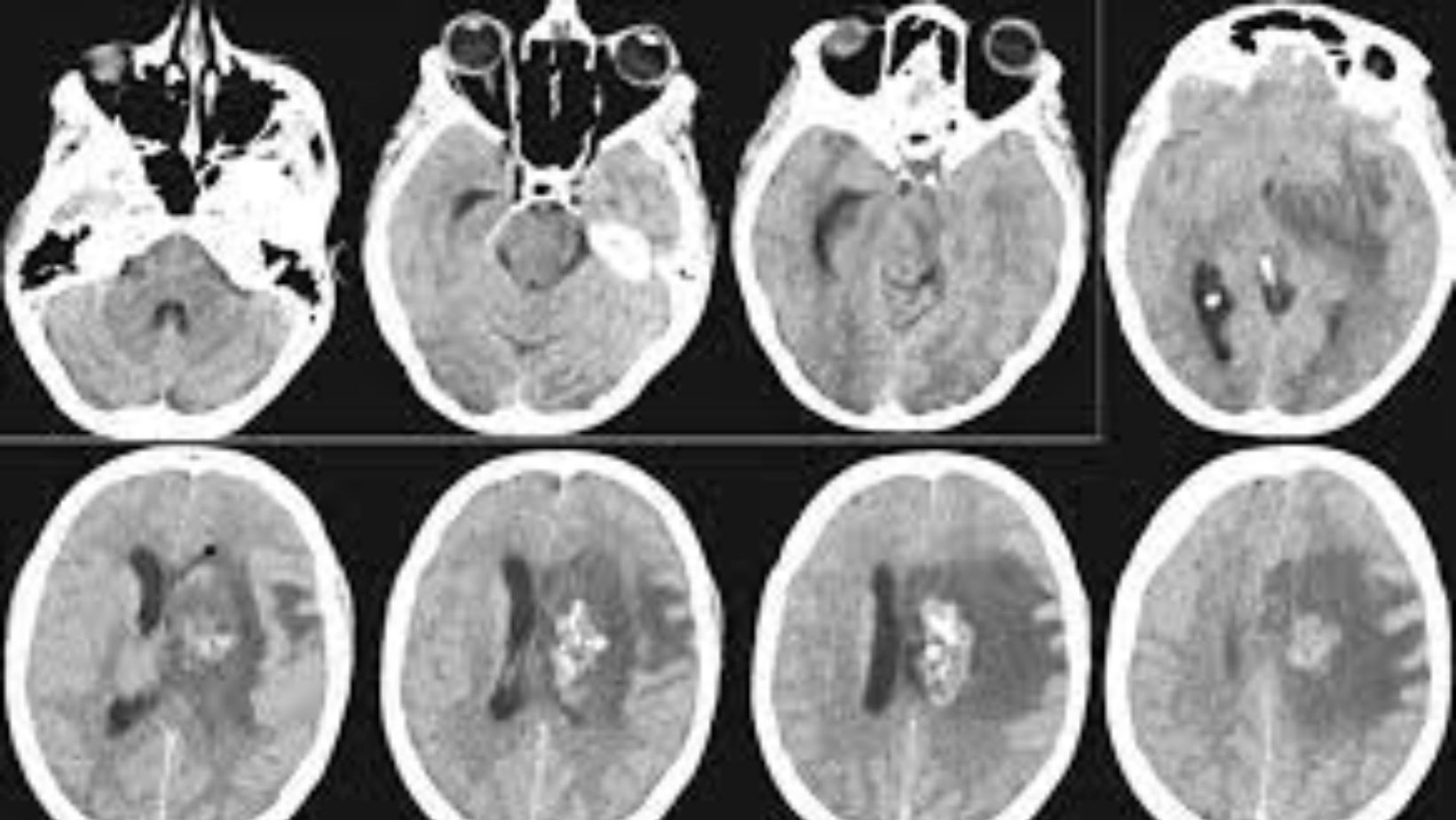A new study led by researchers at Moffitt Cancer Center has revealed that Brain Metastasis in stage 4 breast cancer patients without symptoms may be more common than previously believed. The findings, published in Neuro-Oncology, suggest that routine brain MRI screenings for asymptomatic patients could be reconsidered in light of these results.
Hidden Brain Metastases in Late-Stage Breast Cancer

The research team examined 101 patients diagnosed with stage 4 breast cancer across different subtypes, including triple-negative, HER2-positive, and hormone receptor-positive/HER2-negative breast cancer. None of the patients had symptoms indicating brain metastases, yet they underwent MRI scans to detect any cancer spread. Those with no signs of metastasis received a follow-up MRI six months later.
The initial scans revealed that 14% of the patients already had brain metastases despite showing no symptoms. The rates varied by breast cancer subtype:
- 18% of triple-negative breast cancer patients
- 15% of HER2-positive breast cancer patients
- 10% of hormone receptor-positive/HER2-negative breast cancer patients
After the second MRI, the number of patients with brain metastases increased to approximately 25% in each subtype, suggesting that the risk of undetected brain metastases may be higher than expected.
Early Detection Leads to Early Treatment of Brain Metastasis
Once brain metastases were identified, patients received immediate treatment adjustments, including systemic and localized therapy changes. These interventions could improve patient outcomes, though further research is needed to determine the full impact of early detection on survival rates.
“Our study suggests that asymptomatic brain metastasis is quite common in stage 4 breast cancer,” said Kamran Ahmed, M.D., associate member and section chief for Breast Radiation Oncology at Moffitt and the study’s principal investigator. “Although larger studies are needed to confirm our findings, given the improvements in systemic and local therapies for breast cancer brain metastases, the time may be appropriate to reconsider current guidelines that recommend against routine MRI surveillance in late-stage breast cancer.”
Rethinking Screening Guidelines
Currently, routine MRI screenings for brain metastases in asymptomatic breast cancer patients are not widely recommended. However, with improving treatments and a growing understanding of how breast cancer spreads, researchers believe that earlier detection through MRI could help guide treatment decisions more effectively.
The Florida Breast Cancer Foundation supported the study, and researchers hope that these findings will prompt more extensive studies to further assess the benefits of routine brain imaging in stage 4 breast cancer patients. These results could lead to a shift in clinical guidelines, ultimately improving early intervention and patient care.
Reference: Kamran A Ahmed, Youngchul Kim, Avan J Armaghani, John A Arrington, Ricardo L Costa, Brian J Czerniecki, Roberto Diaz, Robin A Dowell, Martine Extermann, Peter A Forsyth, Kimberley T Lee, Loretta Loftus, Matthew N Mills, Vania H Phuoc, Marilin Rosa, Hatem H Soliman, Christine S Sam, Iman R Washington, Aixa E Soyano, Hyo S Han. Phase II Trial of Brain MRI Surveillance in Stage IV Breast Cancer. Neuro-Oncology, 2025.